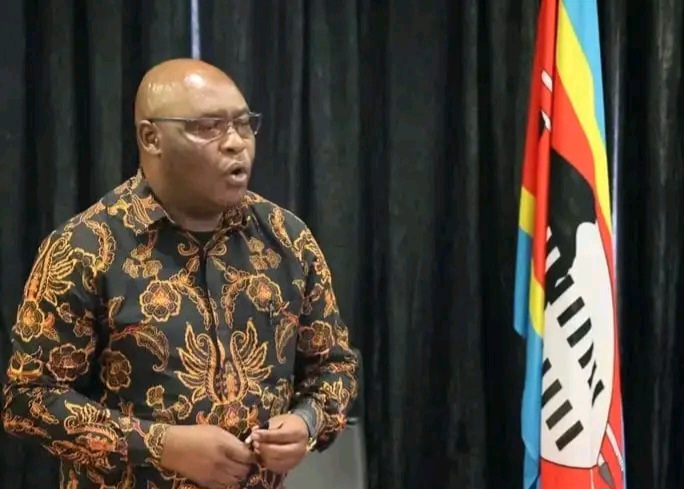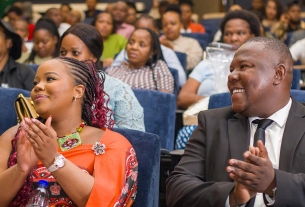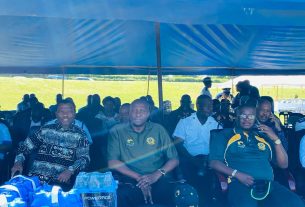By Mbono Mdluli
MBABANE – The claim that the People’s United Democratic Movement (PUDEMO) was banned because it was feared by authorities is far from the truth.
This was stated by Government Spokesperson Alpheous Nxumalo in a response issued today, December 17, 2024. Nxumalo was reacting to remarks allegedly made by PUDEMO Treasurer General Velaphi Mamba during the 5th Special National Congress of the South African Communist Party (SACP). The congress took place at Birchwood Hotel and OR Tambo Conference Centre in Ekurhuleni, Johannesburg, South Africa, from Wednesday, December 11, 2024, to Saturday, December 14, 2024.
Nxumalo clarified that PUDEMO was banned not out of fear but because it had adopted violent methods, taking up arms against the country’s Tinkhundla system of governance and its institutions. He cited the 2008 Lozitha Bridge bombing as an example, noting that some PUDEMO members died during the operation, allegedly due to inexperience.
According to Nxumalo, PUDEMO’s violent actions also included targeting VVIPs and bombing buildings, such as the Deputy Prime Minister’s Office (DPMO) and the home of then-Government Spokesperson Percy Simelane.
Nxumalo further highlighted efforts by the government to include PUDEMO leaders in national processes. For instance, former PUDEMO President Mario Masuku and member Mandla Hlatjwako were appointed to the first Constitutional Review Committee by His Majesty King Mswati III. However, Masuku withdrew, reportedly under PUDEMO’s instruction, as the movement refused to participate in the process.
He added that PUDEMO’s history of boycotting national assignments extended beyond the Constitutional Review exercise. The drafting of the current Constitution, chaired by HRH Prince David, and the national economic review, led by HRH Prince Guduza, were both processes PUDEMO refused to engage in.
Nxumalo also referenced the 1993 elections, which marked the first time Emaswati directly elected Members of Parliament (MPs). PUDEMO, however, refused to participate in this significant milestone.
The government spokesperson criticized the notion that King Mswati III governs alone, emphasizing that the monarchy is not a single-family entity but an institution upheld by Emaswati for over 400 years. King Mswati III inherited this system, which has long been central to the nation’s identity.
Nxumalo challenged PUDEMO to register as a political party in South Africa if it preferred to operate there, rather than addressing Emaswati directly. He urged the movement to engage the people of Eswatini with their ideas, instead of promoting change from outside the country.
He concluded by advising PUDEMO to abandon its policy of boycotting national initiatives, describing this approach as unproductive. Nxumalo referenced the Ngwane National Liberatory Congress (NNLC) as an example of a political organization that effectively influenced national policy by participating in key processes.







